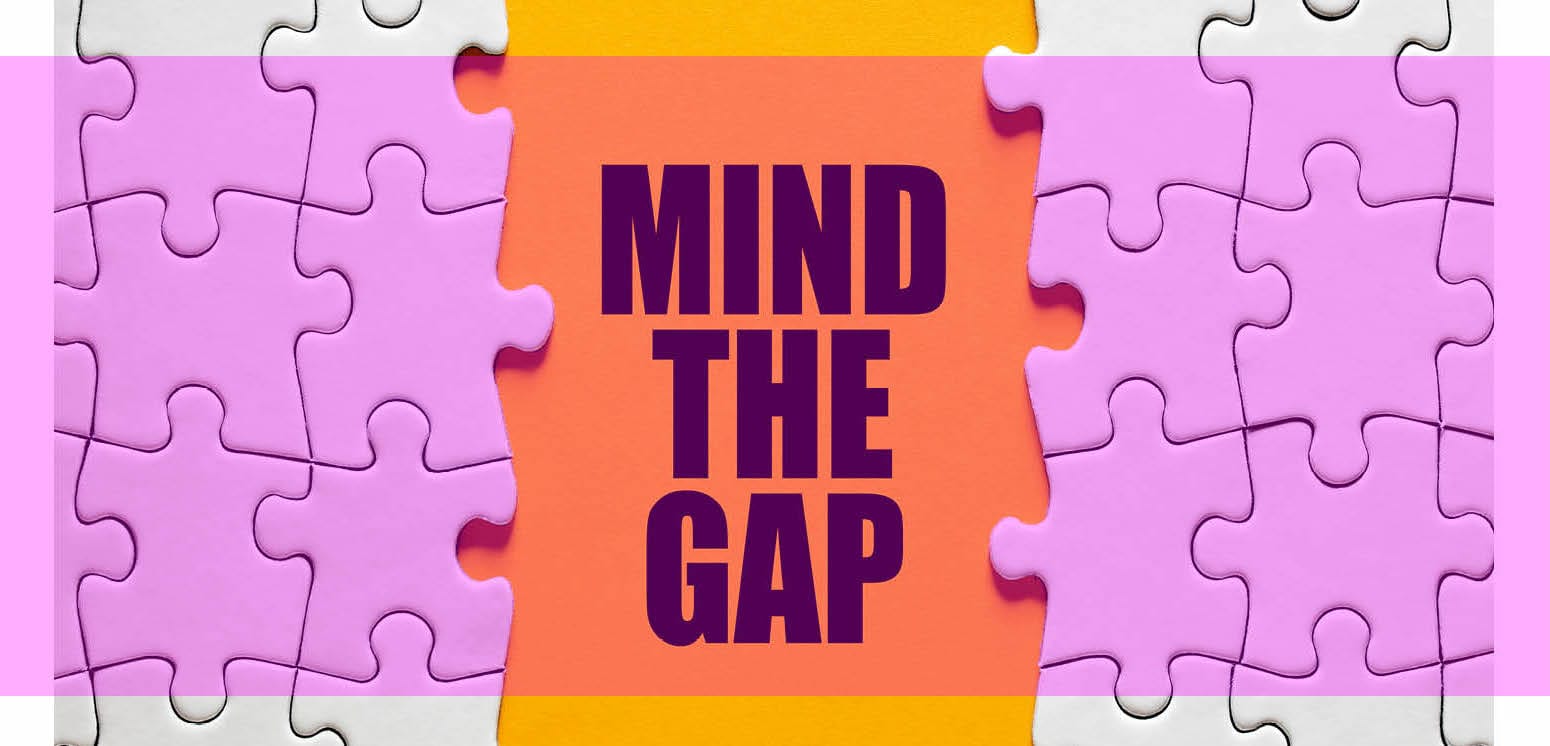
Why should I talk to YOU
Lived Experience knowledge is being sought more than ever before, so why are we still hearing that spaces and conversations aren’t welcoming for Tāngata Mātau ā-wheako?
Almost 30 percent of Tāngata Mātau ā-wheako (people with Lived Experience of mental distress, addiction or substance use) that we connect with here at Changing Minds feel that they are asked to share their lived experience on a weekly basis.
From one perspective, this is a good thing. We are being included in practice, system, and service design more than ever before; and policies like the Code of Expectations provide frameworks to support engagement.
From another, we are increasingly hearing people feeling ‘burnt out’; balancing feelings of pressure (“If I don’t say something, nothing will change”), struggling with power imbalances (“I was the only person with Lived Experience – was I there to tick a box?”), or guilt because individuals are struggling to meet expectations and processes set by others (“I want to have my say, but surveys don’t work for me…”).
To add another layer of complexity, around 1 in 4 people we connect with are being asked to share their experiences in their workplace (both in and out of the mental health sector), and we hear the challenge of sharing honest and complete insights in environments where prejudice and discrimination have very direct consequences.
So, what can we, as organisations and as a sector, do differently to learn from community expertise? One of Changing Minds goals is to enable community led insights and thought leadership, through spaces and conversations led by, for and with the Lived Experience community. We truly believe that our individual stories create meaningful change when we weave them together.
Through this mahi we’ve heard how people would like research, consultation and feedback processes to be different, and these form the foundation of how we do what we do. And really, it comes down to trust.
Design Lived Experience-first spaces, rather than bringing Lived Experience into existing frameworks.
Often we hear that individuals are invited to groups or planning sessions where they are the only, or sometimes one of a few people with Lived Experience in the room. This power imbalance can make it uncomfortable or harder to share and positions the individual as a lone voice against the existing system.
Learn from those who came before. “This is the same feedback I gave 30 years ago…” People are losing trust in change, because existing knowledge isn’t being visibly utilised. It is hard for community members to see change, when the questions we are being asked are the same each time. We hear a clear call for interconnected Lived Experience knowledge and connected learning.
Create space to understand as a collective what is being asked.
This supports sensemaking and kōrero of what is being asked of the community. Systemic processes and issues don’t always clearly translate into “what does this mean for my journey”. Coming together through hui, connection or codesign also removes some of the mental load – we can see that change isn’t sitting on our shoulders alone.
Recognise the value of Lived Experience.
Our stories are taonga and they aren’t always easy to share. It’s important that the individual feels valued and respected for their contribution. At Changing Minds, we do this by making processes accessible and flexible, ensuring conversations are Lived Experience led, offering putea aroha and keeping everyone involved in the process. Which leads us to…
Be accountable.
The number one thing people tell us supports trust in feedback, consultation and research is accountability. Tāngata Mātau ā-wheako want processes to have timeframes and feedback loops. Feedback using Lived Experience stories needs to continually involve the individual and the community for sensemaking. Reports and decisions need to be shared with the community, and that knowledge given back to communities to action and develop.


